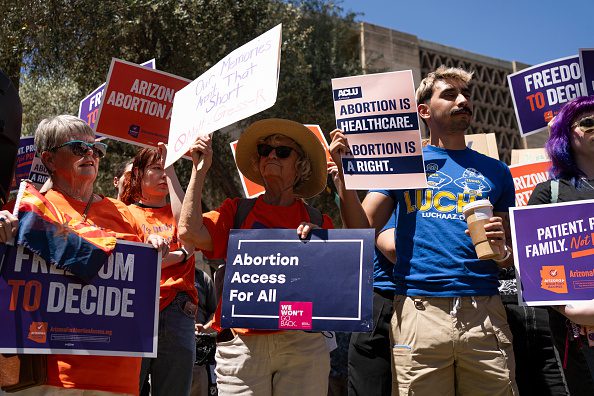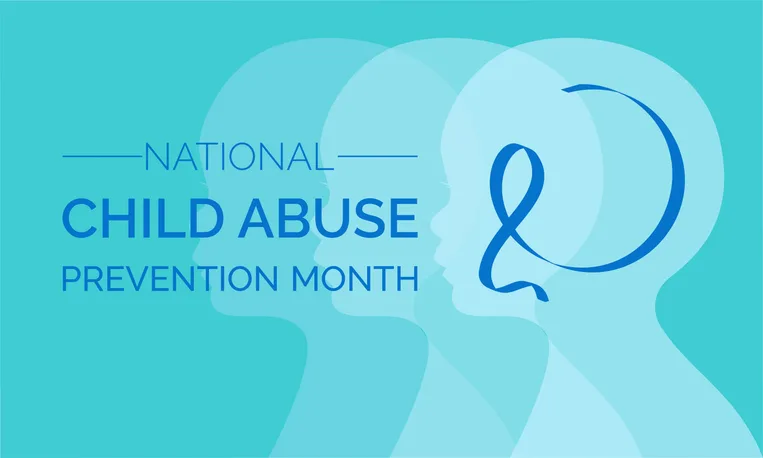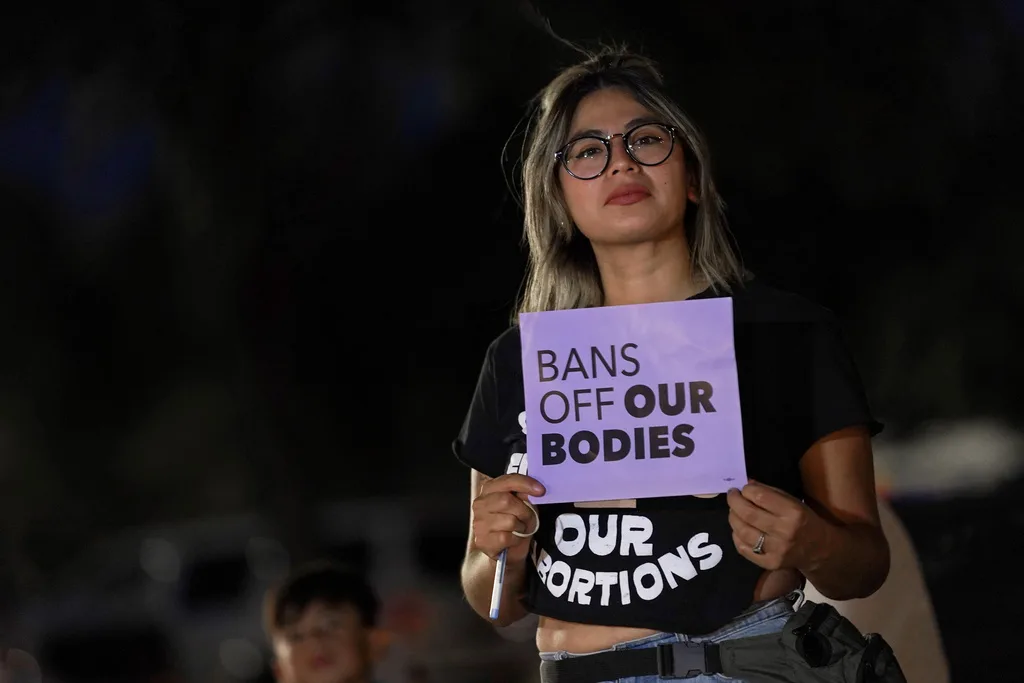
Credit: Getty Images / Rebecca Noble
This is part three in a series on the increase in violence against women since the US Supreme Court overturned Roe v. Wade, and the future of abortion care and emergency medical treatment in the United States.
Read part one here.
The US Supreme Court has accepted two abortion cases for 2024, one involving pharmaceutical abortion, and the other involving the tension between state abortion bans and a 1986 federal law that guarantees Americans emergency care in most hospital emergency departments.
The latter case has wound its way through federal courts, beginning in Idaho and Texas. The Biden administration’s Justice Department has attempted to use the federal law known as “EMTALA,” short for the “Emergency Medical Treatment and Labor Act,” to defeat the Idaho abortion ban as it applies to medical emergencies. EMTALA was intended to protect emergency patients—such as women with failing pregnancies—but the domestic terrorists want to override it.
Contrariwise, Texas went right for the jugular by suing the US in an attempt to override EMTALA with respect to pregnant women in Texas. In legal filings, Texas has admitted to putting the embryo or fetus on at least an even footing with the pregnant woman when it comes to safeguarding health and life.
Addressing federalism and the heart of the current cultural war in politics, these cases have unsurprisingly attracted the US Supreme Court and major anti-abortion groups.
The dueling EMTALA cases did a not-so-usual appellate dance before ending up in Washington, DC. The Biden administration sued Idaho in US v. State of Idaho v. Moyle on the theory that its abortion ban prohibits emergency abortions that are protected by EMTALA, and federal law takes precedence under the Supremacy Clause of the US Constitution.
RELATED: Kari Lake calls on Arizona county sheriffs to enforce 1864 abortion ban
An Idaho federal trial judge agreed and stopped the abortion law from prohibiting emergency abortions, but three judges in the 9th Circuit appellate court, all appointed by Donald Trump, reversed. Soon after, the appellate court decided to rehear the case with a larger panel of judges.
Aided by the Alliance Defending Freedom—the folks trying to abolish Mifepristone—Idaho Attorney General Raul Labrador and the Idaho legislature then persuaded the US Supreme Court to take the case, at the same time the appellate court was preparing to rehear the case.
Let’s pause here to recognize that the US Supreme Court refrained from waiting for the lower court to rehear the case. It also canceled the injunction against application of the abortion ban to emergency abortions that had been in place since August 2022.
Whether this was due to utter lack of curiosity about what the larger panel would say, or eagerness to take on a second abortion case, we do not know.
Politics

New Biden rules deliver automatic cash refunds for canceled flights, ban surprise fees
In the aftermath of a canceled or delayed flight, there’s nothing less appealing than spending hours on the phone waiting to speak with an airline...

Trump says he would allow red states to track pregnancies, prosecute abortion ban violators
In an interview published by Time magazine this week, former president Donald Trump detailed his plans for a potential second term and said he would...
Local News

Maricopa County is hiring over 2,000 workers for the 2024 primary election
You can register to vote or check your voter registration at the Maricopa County Elections website. Maricopa County is hiring over 2,000 temporary...

Arizona’s Democratic governor signs a bill to repeal 1864 ban on most abortions
PHOENIX (AP) — Democratic Arizona Gov. Katie Hobbs has relegated a Civil War-era ban on most abortions to the past by signing a repeal bill...






